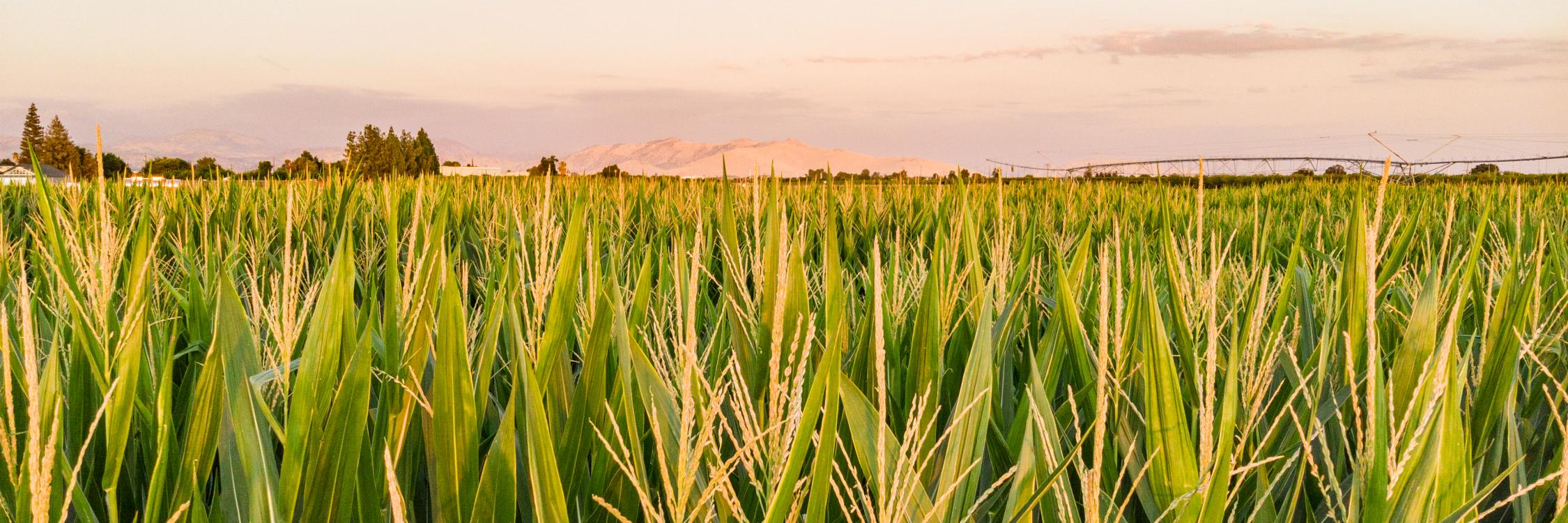
Sulfate of potash: a versatile fertilizer for modern agriculture
Improves sugar content, firmness, vitamins and storage quality
Sulfate of potash is proven to improve not only yield but also many important quality parameters such as sugar content, firmness, vitamins and storage quality.
Today, many high value cash crops, such as tropical fruits or vegetables, are increasingly produced for overseas export markets and fetch above average prices. In order to exactly meet the stringent quality requirements of consumers, farmers and the processing industry, a top-quality crop is necessary. Sulfate of potash is proven to improve not only yield but also many important quality parameters such as sugar content, firmness, vitamins and storage quality.
Also, as the global population grows, increasing food demand and a high productivity of crop per unit of land are necessary driving forces towards intensive cropping systems with sophisticated irrigation and fertilization practices. Often two or three cropping cycles per year are possible and yields per cropping season are considerably higher.
This intensive agriculture potentially puts more pressure on the land, and will inevitability drain soils of their nutrients. Consequently, for a sustainable approach, growers need to optimize nutrient use efficiency and supply sufficient fertilizer to the soil to replenish reserves. A balanced fertilization based on sulfate of potash is the optimal choice to sustain soil fertility. This guarantees an adequate nutrient supply with potassium and sulfur and avoids growth depressions caused by the accumulation of excessive chlorides.
Water scarcity is also becoming an issue in many parts of the world as agriculture competes with industry and households for water. To meet the challenges of sustainability, water use efficiency in agriculture must go hand in hand with nutrient use efficiency: more crop per drop of water. The use of fertigation techniques is proven to improve water use efficiency and Crop Vitality's SoluPotasse® is the market leading water-soluble SOP product for this application. Its high concentration of nutrients coupled with fast and complete dissolution bring excellent performance in fertigation systems.
The need to supply sulfur fertilizer to crops is also becoming increasingly important as growers turn to higher yielding varieties to optimizer output. Since the beginning of the 1980's the implementation of stricter environmental regulations in developed countries has resulted in a reduction of atmospheric sulfur that was previously available to plants. Also, in agriculture a move towards more concentrated "high analysis fertilizers" has also dramatically reduced the amount of sulfur applied through mineral fertilization during the same period.
As a result, an ever-increasing gap between sulfur supply and demand in cultivated plants is developing, and in the tropics sulfur deficient soils are widespread. Sulfur has therefore without a doubt become a yield and quality limiting factor at many locations worldwide and will be one of the limiting plant nutrients in future.
Sulfate of potash is of course an effective source of sulfur in the readily available sulfate form.
Do you want to know all about the use of sulfate of potassium (SOP) in agriculture?
Download your copy of the book Sulfate of Potash